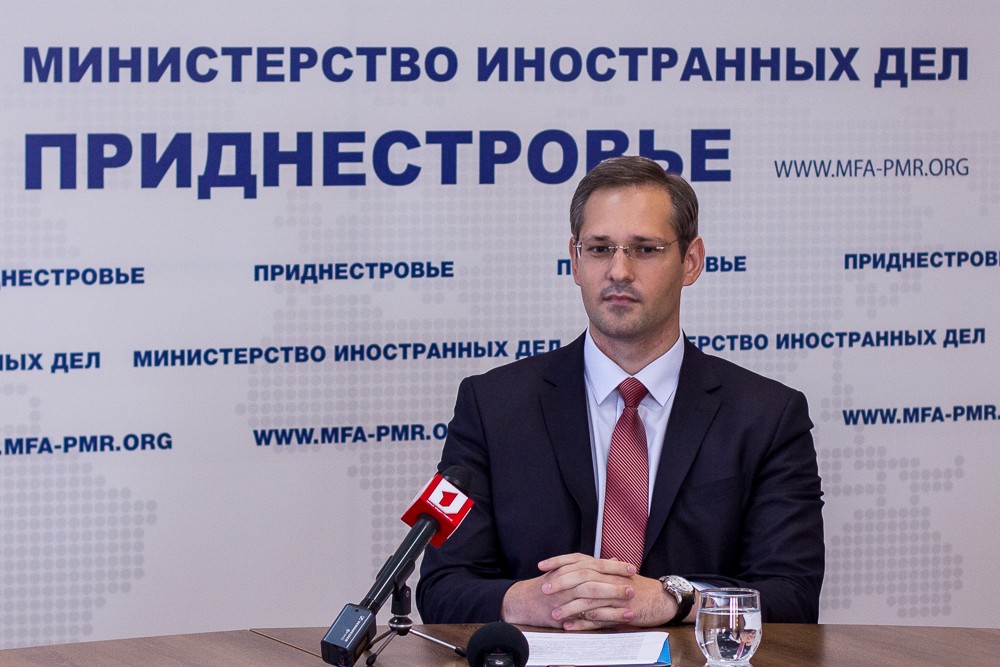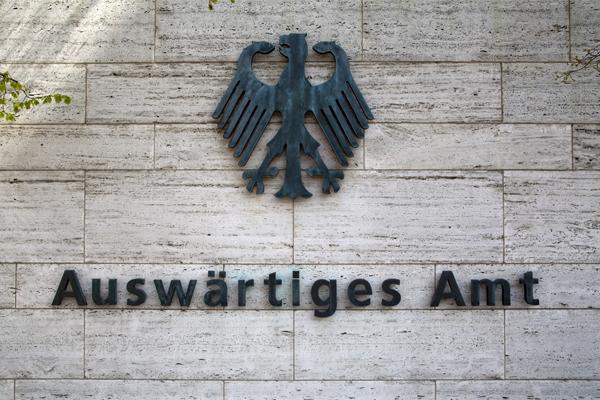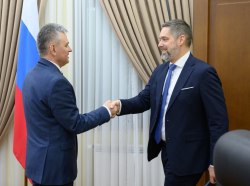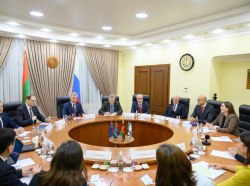Commenting on the so called «1 January 2016 problem» for Russia's magazine Expert, Pridnestrovie's foreign minister, Vitaliy Ignatyev, opined that initially the EU had not taken into account the whole complexity of the situation and regional specifics. They had not long thought how to include Pridnestrovie in new trade rules (DCFTA agreement between the EU and Moldova, ed.)
«The key issue here is determining clear and standing rules because Moldova has long been known as an unreliable partner," clarified Ignatyev.
The DACFTA agreement between the EU and Moldova was signed with no regard to Pridnestrovie's position, recalled the acting foreign minister. «Thereby Pridnestrovie declared at once it would not join the DACFTA and this position has remained unchanged," he said.
Pridnestrovie's MFA believes that the elaboration of an individual formula of trade between Pridnestrovie and the EU «will testify to Brussels's maturity and responsibility.» According to Ignatyev, this step may have a special importance considering the upcoming chairmanship of Germany and Austria in the OSCE and the role the German diplomacy plays in Europe's «eastern policy».

Moldova is regularly imposing new restrictions under cover of international obligations, complains Vitaliy Ignatyev
Efforts on the Eurasian track
Among possible variants of overcoming the risks of the abolishment of autonomous trade preferences the government is considering the reorientation of Pridnestrovie's trade turnover to Eurasian markets.
«Their share in the common structure of Pridnestrovie's foreign trade is not as big as is desired, regarding the Eurasian course of the country's foreign policy," argued Vitaliy Ignatyev.
However, the minister said, Pridnestrovie is intensifying its trade and economic cooperation with Russia. The signing of sectoral inter-agency agreements in the past two years, according to Vitaliy Ignatyev, has boosted the strategic partnership between Russia and the PMR and yielded concrete results, among which the diplomat emphasises the simplification of procedures for exporting Pridnestrovie's agricultural production to the Russian market and its delivery to major federal and regional distributing outlets.
«Along with that, it is necessary that economic agents themselves should take decisions and choose markets for supplying their production out of commercial, logistic and other considerations. Nevertheless, Pridnestrovie's government is making considerable efforts on this track," concluded Vitaliy Ignatyev.








